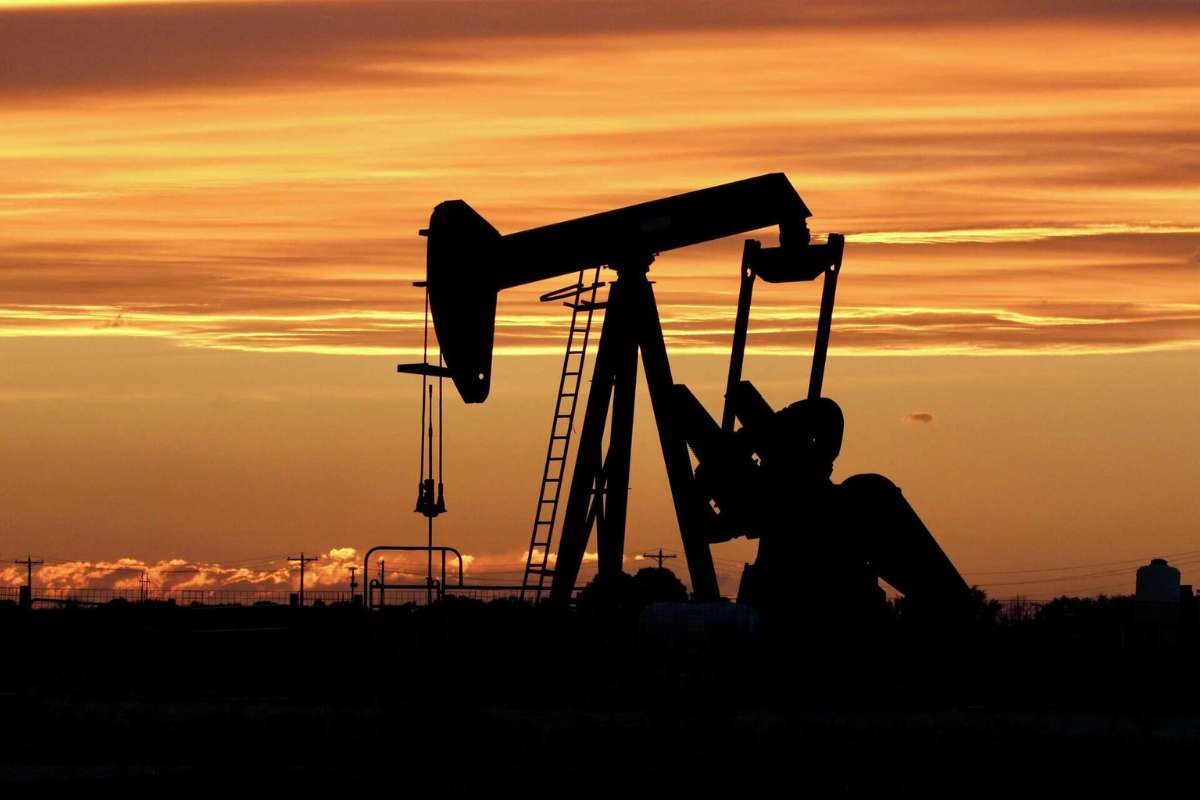Key Points:
- Texas approved the 450-mile Eiger Express Pipeline to ease gas transport, targeting full operation by 2028.
- It will move 2.5 billion cubic feet of gas daily from the Permian Basin to the Gulf Coast.
- The project boosts efficiency, export capacity, and the Gulf Coast’s global energy role.
Texas energy officials and private companies have approved a major new Texas Pipeline Project designed to relieve natural gas transportation bottlenecks across the state. The 450-mile Eiger Express Pipeline, connecting the Permian Basin in West Texas to the Katy area near the Gulf Coast, received final investment approval on Monday. Construction is expected to begin shortly, with full operations targeted for summer 2028, pending regulatory approvals.
Pipeline Capacity and Strategic Importance
The Eiger Express will be developed by WhiteWater Midstream through its Matterhorn partnership, alongside affiliates of Tulsa, Oklahoma-based ONEOK and Ohio-based MPLX, part of Marathon Petroleum Corporation. Once completed, the pipeline will transport up to 2.5 billion cubic feet of natural gas per day and feature a 42-inch diameter, making it a significant addition to Texas’s midstream infrastructure.
Although the pipeline is smaller than the nation’s longest lines—for instance, the Rockies Express Pipeline spans 1,679 miles—the Eiger Express is expected to play a crucial role in reducing congestion between the Permian Basin and Gulf Coast. Analysts have highlighted that pipelines carrying gas from Permian to Corpus Christi and Houston were approaching capacity last year, creating constraints on domestic supply and limiting export potential.
“Projects like this are essential to maintaining the flow of natural gas, meeting both domestic energy demand and international export commitments,” said an energy analyst familiar with Texas pipeline project operations.
Addressing Regional Supply Challenges
The Eiger Express follows the earlier Matterhorn Express line, a collaboration between WhiteWater, MPLX, EnLink Midstream, and Devon Energy. These lines have already started improving gas transport efficiency from West Texas to Houston-area processing and export facilities.
Mike Oestmann, CEO of Midland-based Tall City Exploration, said in October 2024, “Matterhorn has freed up space, and the price we are getting for gas now has been positive for almost a month. We produced a lot of gas that we not only didn’t get paid for, we paid for it to be taken away.”
The Eiger Express is expected to continue this trend by further alleviating bottlenecks and helping producers optimize delivery and revenue. By streamlining the flow from the Permian Basin to Gulf Coast hubs, the Texas pipeline project is poised to enhance operational efficiency for midstream companies and support the broader Texas energy economy.
Regulatory Approval and Construction Timeline
While the project has received investment approval, construction and operation remain dependent on obtaining final regulatory clearances and completing necessary environmental reviews. Industry officials are optimistic that these steps will proceed without significant delays, allowing the pipeline to be fully operational by mid-2028.
The Eiger Express is part of a broader effort to expand midstream infrastructure in Texas, a state that produces a substantial portion of the United States’ natural gas. Energy officials and industry analysts emphasize that such projects are critical to ensuring reliable supply chains, preventing congestion, and meeting growing energy demand domestically and globally.
With U.S. natural gas production continuing to rise, the completion of the Eiger Express will strengthen the Gulf Coast’s role as a key processing and export hub, supporting both domestic energy needs and international market stability.












